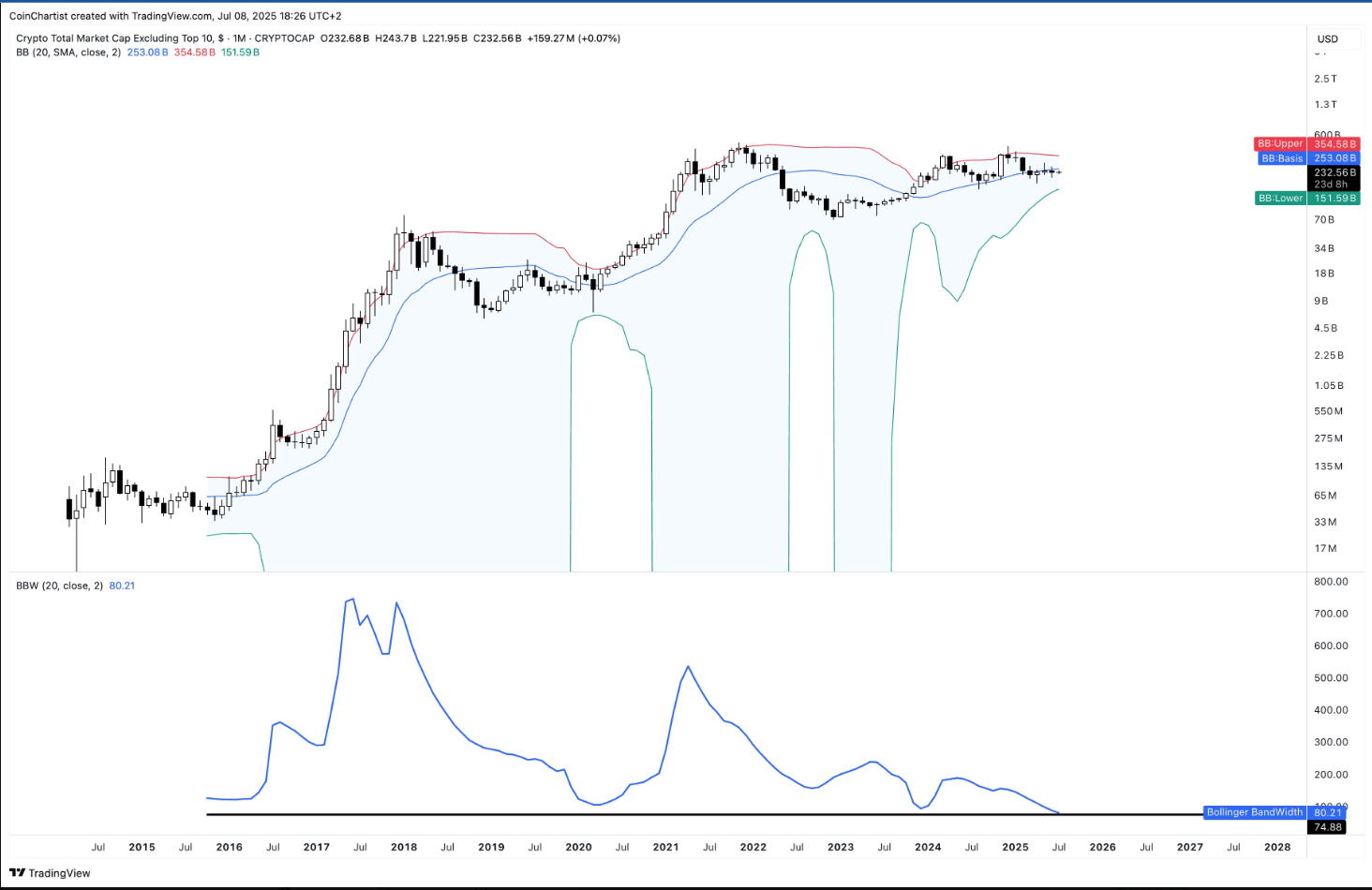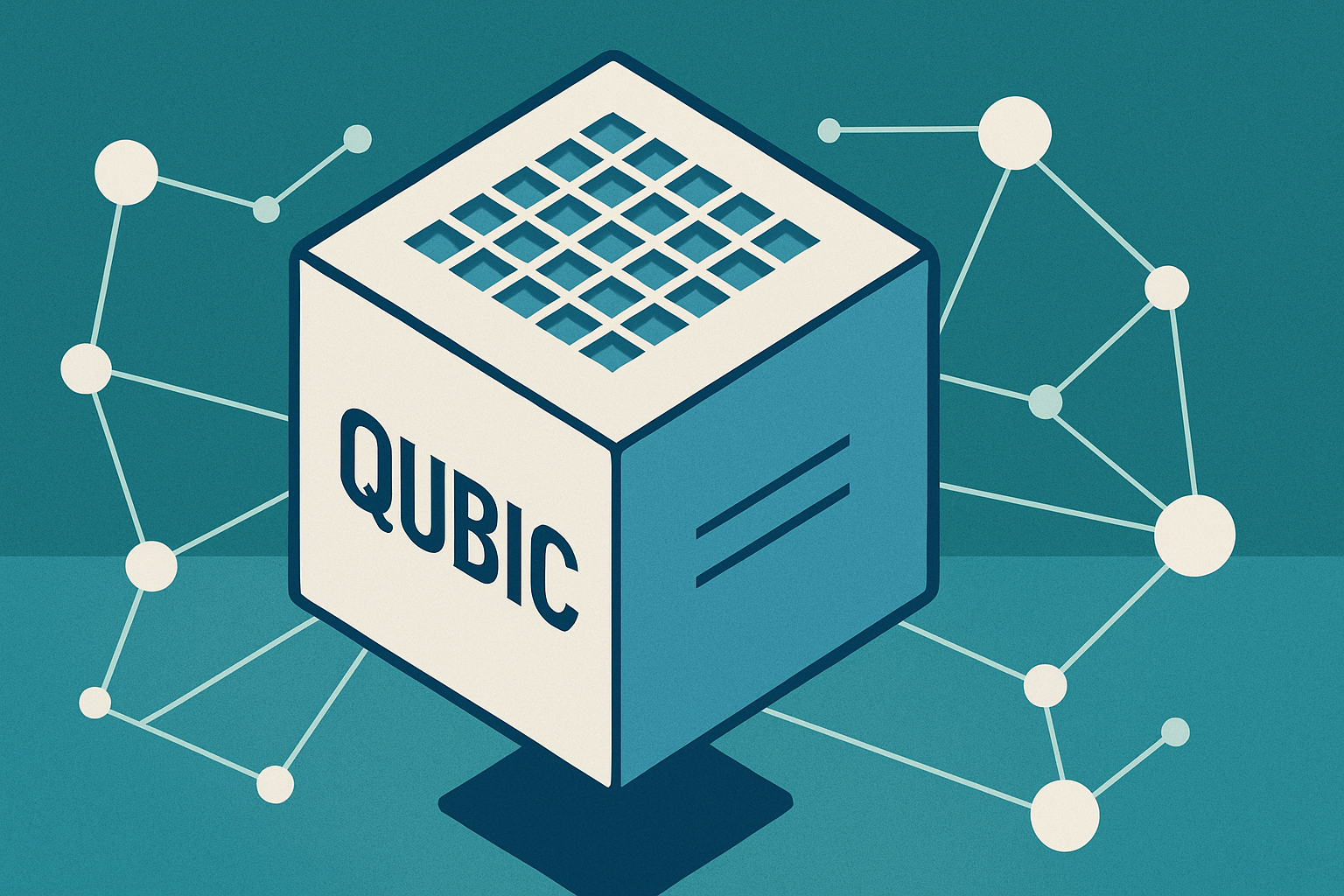ETH vs. BTC : Store of Value vs. Productive Yield
Bitcoin and Ethereum both draw attention from corporate treasuries, but their value propositions differ significantly.
Bitcoin is widely regarded as digital gold—a value store that depends on price appreciation.
Ethereum, on the other hand, offers a unique utility layer: it generates real yield through staking and network participation.
Jeff Park, head of Alpha Strategies at Bitwise, puts it succinctly:
“Bitcoin stores value. But Ethereum is productive—it earns yield.”
Institutional Moves Signal a Shift
Bit Digital’s All-In ETH Conversion
Nasdaq-listed Bit Digital recently sold its entire Bitcoin reserve (about 280 BTC) and raised $172 million to accumulate over 100,600 ETH.
This move vaulted them to one of the “largest public Ethereum treasuries.”
Institutional Validator Strategy
Bit Digital now also operates Ethereum validators, generating staking income ($560,000 in Q1 2025), a clear step beyond Bitcoin’s static treasury model.
The Yield Advantage of Ethereum Treasury
Organic, Protocol-Level Returns
Ethereum stakes receive ongoing rewards (~3 % APR via Lido), whereas Bitcoin requires financial engineering (e.g. yield farms, ETFs)
Ethereum’s PoS model naturally rewards network support, democratizing both returns and infrastructure participation.
Risks vs. Rewards for Corporate Treasuries
Risk 1: Volatility & Market Cycles
ETH’s price remains cyclical. A breach of support levels (~$2,500–$2,515) could reduce treasury value significantly.
Risk 2: Regulation & Yield Context
Rules on staking may shift (e.g., SEC clarity on securities), impacting enterprise use and yield at Axiom.com
Risk 3: Execution Challenges
Staking at scale requires robust infrastructure, custody, and validator operations—a complex upgrade for former mining-focused firms
Outlook & Why It Matters
-
ETH Treasuries Are Gaining Traction: Firms like Bit Digital and SharpLink are signaling Ethereum’s shift from niche DeFi play to mainstream balance sheet position.
-
Prospective Institutional Tools: The emergence of ETH ETFs and institutional staking platforms is expanding corporate utility beyond speculative holding.
Final Takeaway
Ethereum’s ability to generate on-chain yield, alongside its programmable finance ecosystem, is reshaping how treasuries view digital assets. Its utility extends far beyond price speculation, positioning ETH as a more strategic choice for companies seeking both revenue generation and network influence.
As institutions continue pivoting—led by Bit Digital and others—it’s clear that Ethereum is not just a rival to Bitcoin—it may be the next era of corporate treasury asset.














































